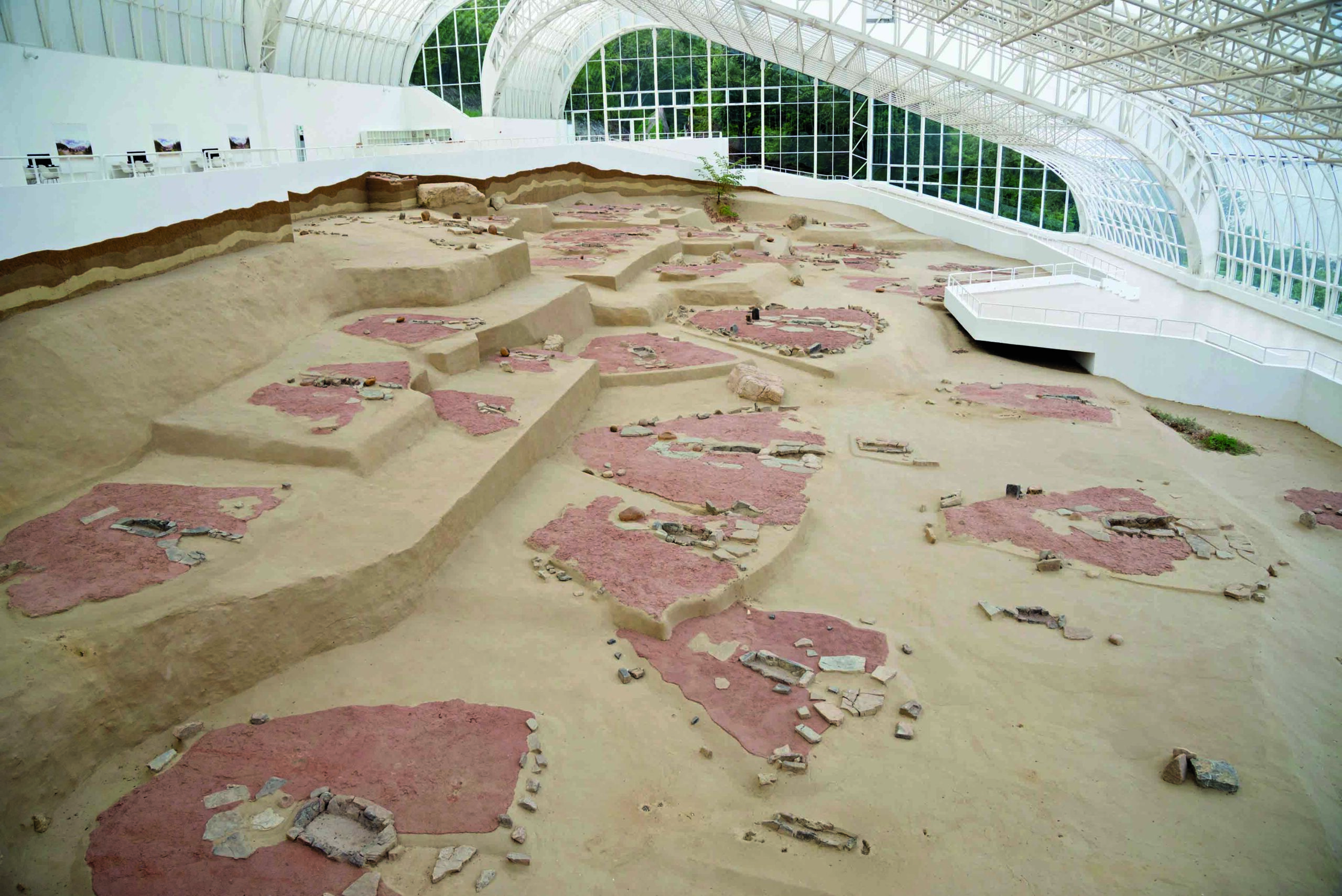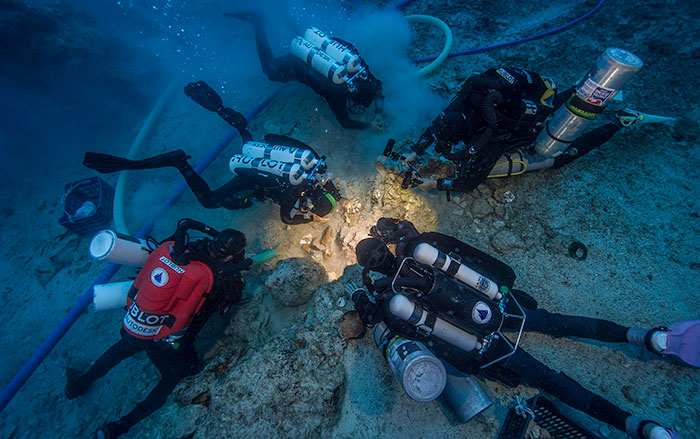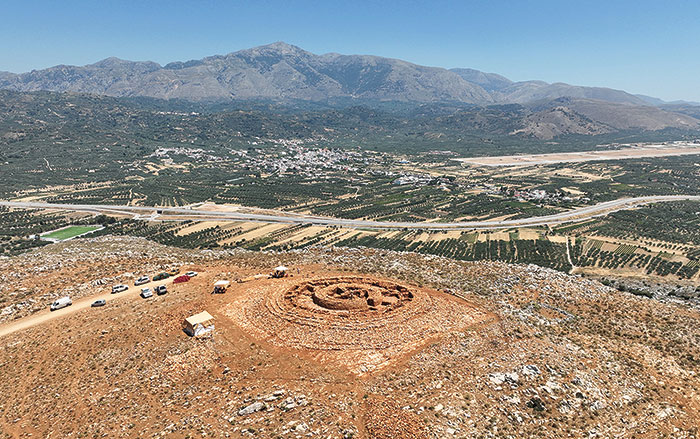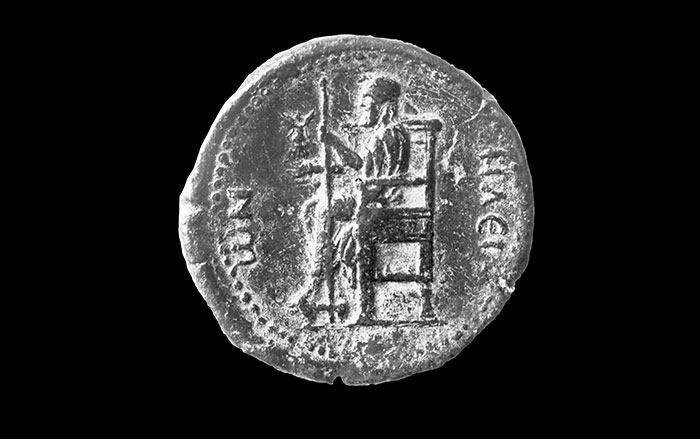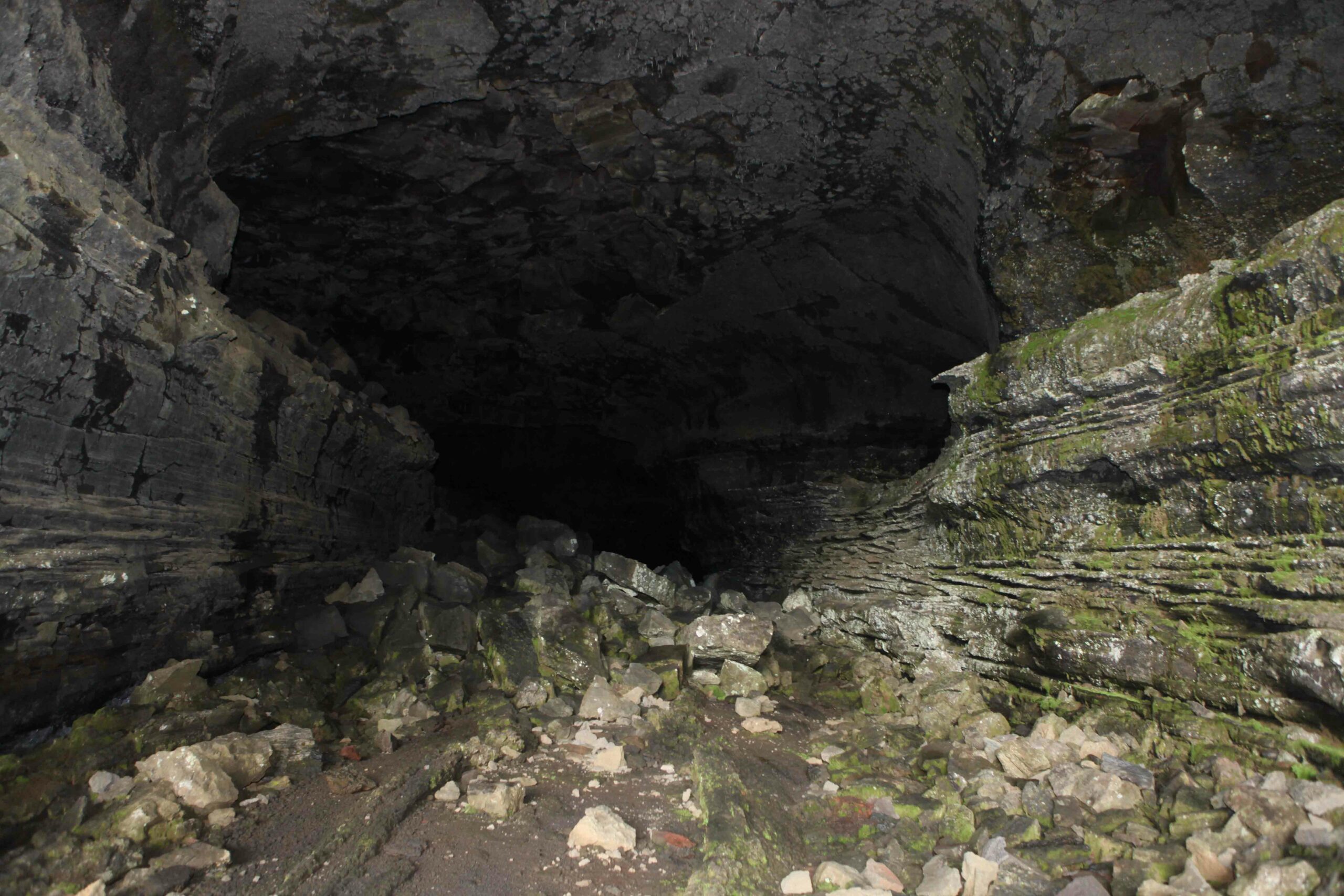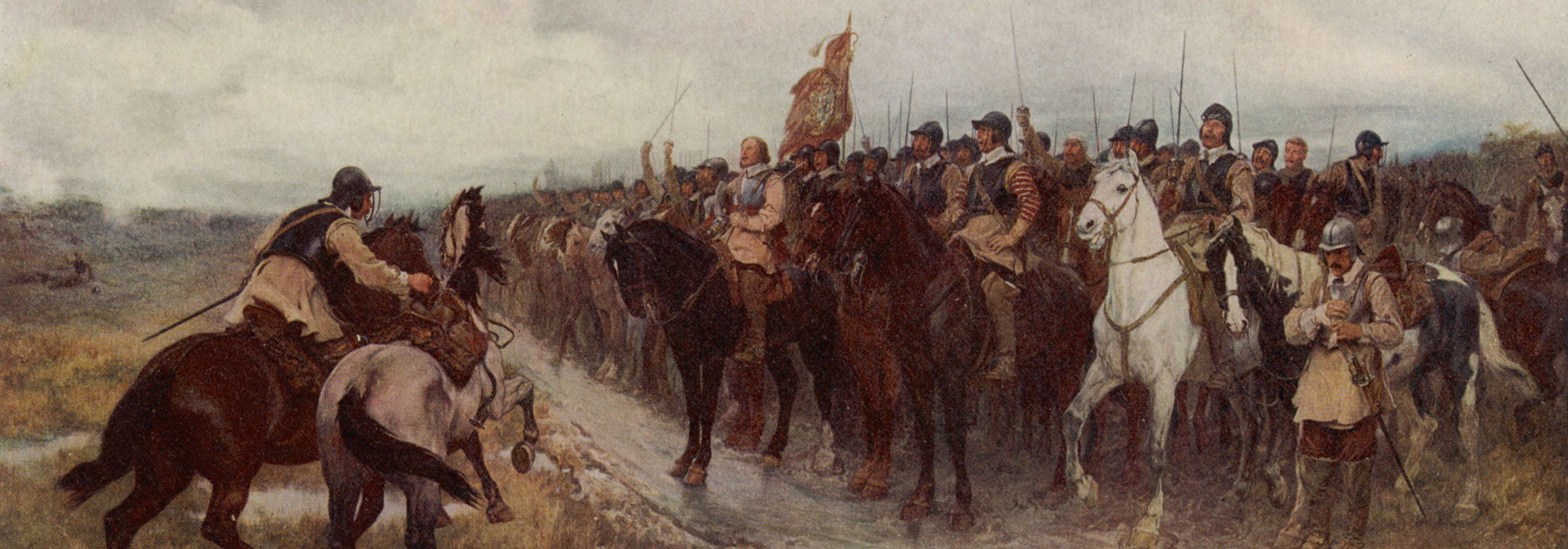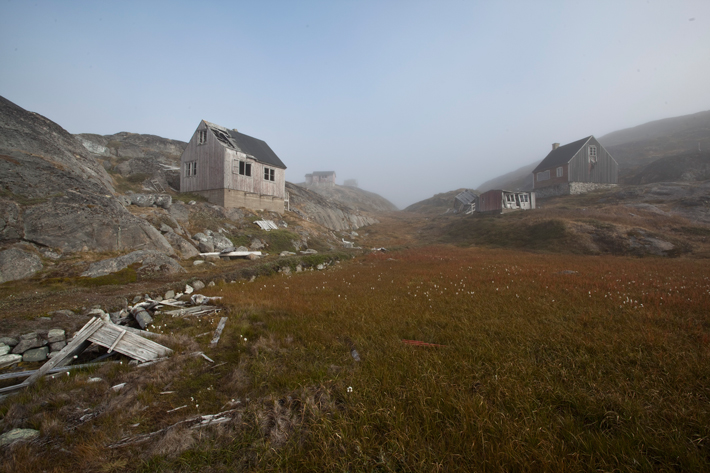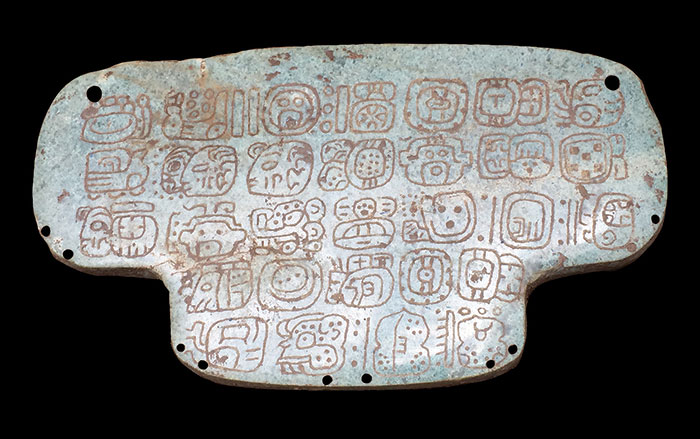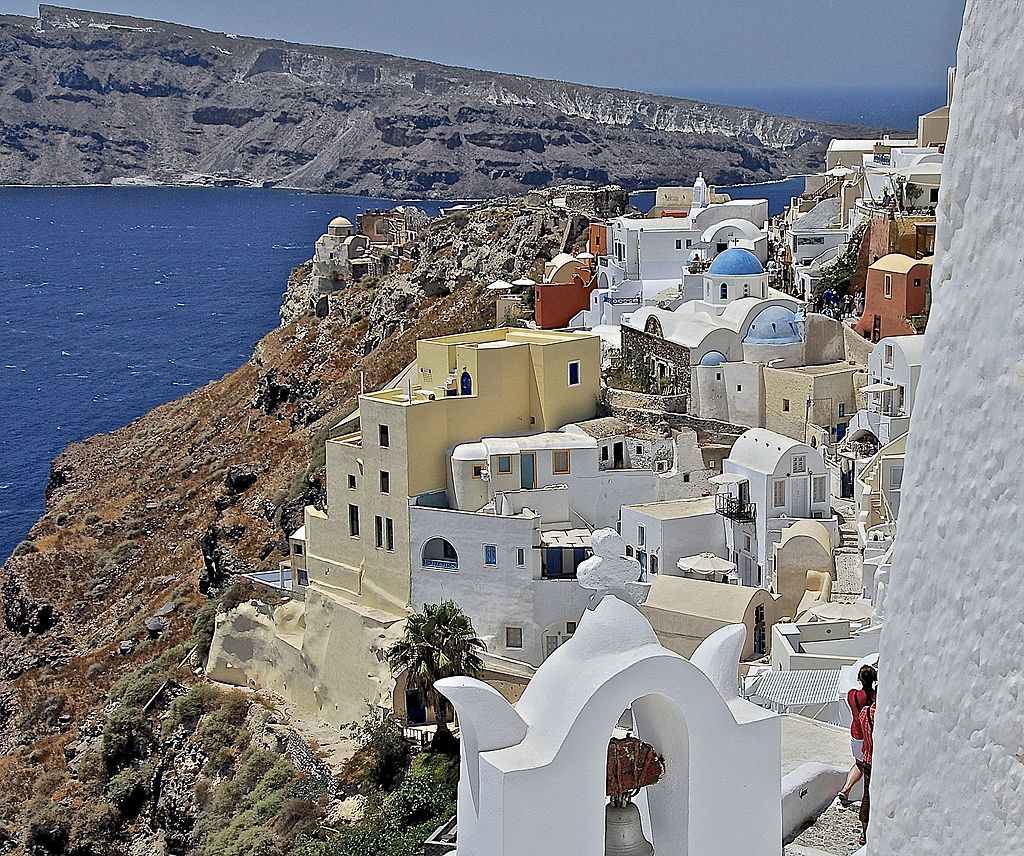
BOLOGNA, ITALY—A study of populations from around the Mediterranean that combines ancient DNA (aDNA) and genomic analysis of modern people evidences a divison between Greeks hailing from the country's mainland and those from its islands. According to a report in Haaretz, an Italian team from the University of Bologna looked at 23 populations from around the region in order to map their genetic relationship and found that modern continental Greeks, especially in the north, show more genetic similarity with Albanians as well as Slavic peoples, while Greek islanders show more affinity with southern Italians and Sicilians. Because all of the populations tested shared a genetic inheritance from Neolithic farming populations, the team believes it will be possible to point to historic migrations documented in the written record to determine when genetic shifts such as the one in Greece began to occur. To read more about ancient DNA, go to "Worlds Within Us."


